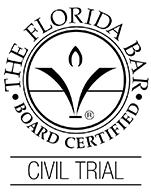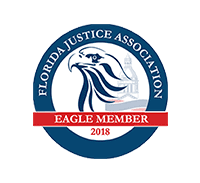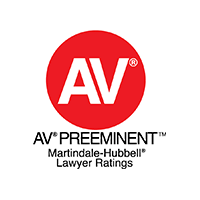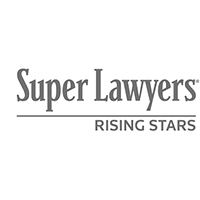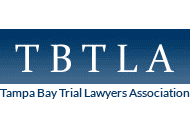Why is My Lawyer Charging Me Interest?
The Florida Bar issued an Ethics Opinion on October 19th, 2018, that said lawyers can charge interest on advanced contingent costs from the time the costs are incurred.
However, if a lawyer is going to charge interest, these conditions must be met:
- The rate of interest must be lawful;
- The rate of interest must be reasonable;
- Interest must be in the best interest of the client;
- Interest charges must be disclosed to the client in writing at the earliest opportunity; and
- A client must give informed consent in writing.
If you suspect that your lawyer is charging you too much interest, or if they sprung interest fees on you without warning, then you can take legal action against them, too! Dismuke Law, PLLC helps people throughout Florida with all sorts of legal malpractice cases, including those that involve unfair or illegal interest fees. Please let us hear from you if you need our attorneys’ help dealing with another attorney.
What Do Most Contingent Contracts Say?
Most contingent contracts in personal injury cases have language that says something like, “I understand and agree that I am only obligated to pay costs if there is a recovery in this claim,” and that “such costs shall bear interest at the rate of 1.5% per month.” Some law firms that charge interest on costs do so from the time they expend the costs, not from when the client owes the cost. There must be a case-by-case analysis of whether charging any interest is a breach of contract that warrants retaliatory legal action.
The Contra Proferentem Rule is a legal doctrine in contract law that states any clause considered to be ambiguous should be interpreted against the interest of the party that created, introduced, or requested that the clause be included. Therefore, contracts are generally construed against the side that wrote them and favors the side that didn’t.
If you don’t owe the cost until there is a recovery under the contract, why shouldn’t you only have to pay interest on the cost from the day you owe it, rather than the day the attorney fronted the advance cost? Again, this is an open question for the courts to determine based on the language of each contract.



![cftla-member[2]](https://www.1800askdave.com/wp-content/uploads/2022/03/cftla-member2.png)
![cftla-member[3]](https://www.1800askdave.com/wp-content/uploads/2022/03/cftla-member3.png)

